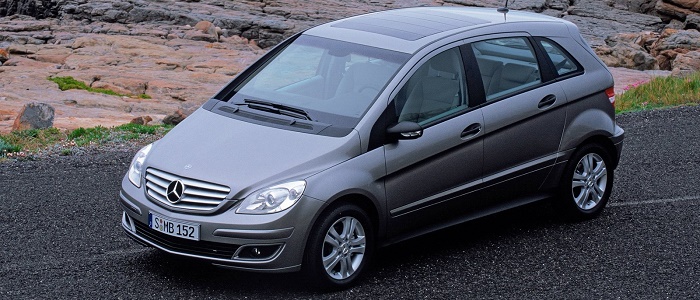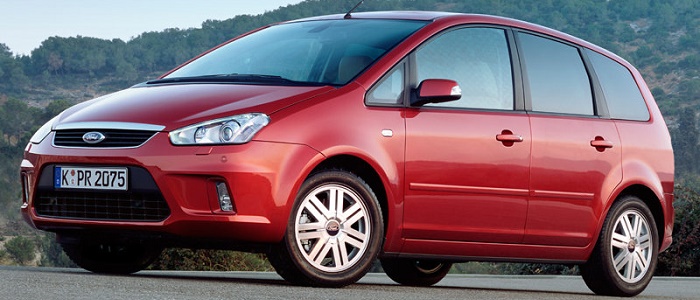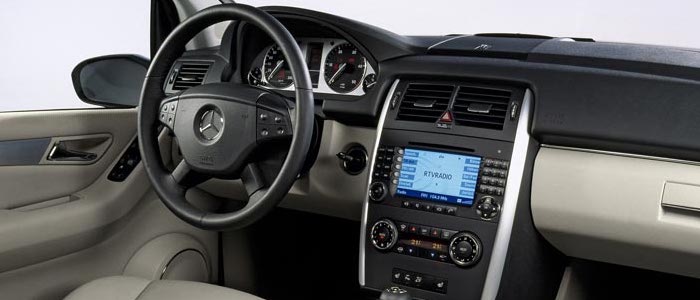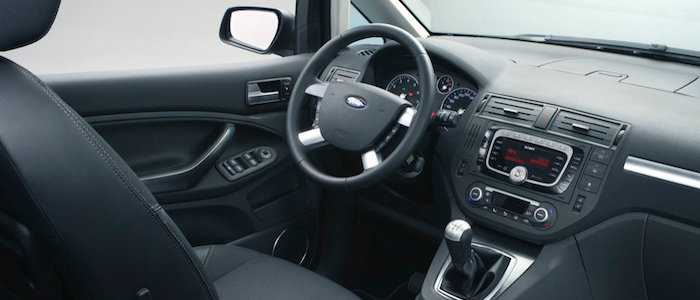Compare two cars
Compare any two cars and get our Virtual Adviser™ opinion
Marketing
Dimensons & Outlines
Engine
2.0 DW10 BTED4 / RHR
Performance (manual gearbox)
Performance (automatic gearbox)
Expenses
Virtual Adviser's™ opinion
Well, these are two pretty similar cars we have here! It's only details that could potentially make the difference. Considering they both belong to the mpv segment and utilize the same 5-door MPV body style and the front wheel drive system, it all comes up to the specific diesel engine choice they offer. The first one has a Mercedes Benz-engineered powertrain under the hood, a 4-cylinder, 16-valves 109hp unit, while the other one gets its power and torque from a 4-cylinder, 16-valves 136hp engine designed by Peugeot.
SafetyBoth vehicles got tested by European New Car Assessment Programme (Euro NCAP), with the Mercedes Benz being a slightly better choice apparently. Still, apart from the official crash test results there are other things we need to be aware of. Both vehicles belong to the mpv segment, which is generally a good thing safety-wise, but it doesn't do much to help us decide between the two. On the other hand, if we'd like to consider vehicle mass in this context too, which we definitely should, the American car offers a marginal difference of 7% more metal.
ReliabilityReliability is not the best thing to consider on the make level, but it is worth mentioning that Ford as a brand displays somewhat better results, all the models observed together. That's the official data, while our visitors describe reliability of Mercedes Benz with an average rating of 4.4, and models under the Ford badge with 4.5 out of 5. The same official information place B as average reliability-wise, and C-Max is more or less at the same level.That apart, owners of different cars powered by the same engine as the German car rank it on average as 4.7, while the one under the competitor's bonnet gets 4.2 out of 5.
Performance & Fuel economyFord is undoubtly more agile, reaching 100km/h in 1.7 seconds less than its competitor. In addition to that it accelerates all the way to 200 kilometers per hour, 17km/h more than the other car. When it comes to fuel economy things look pretty much the same for both cars, averaging around 5.6 liters of fuel per 100 kilometers (50 mpg), in combined cycle.
Verdict
Ford appears just a bit more reliable, although the difference is truly marginal. The most important thing when deciding between any two vehicles should always be safety, both passive and active. In my opinion, everything taken into account, the German car offers slightly better overall protection and takes the lead. From there things take a different direction, with Ford being considerably quicker, thus putting more smile on driver's face. Fuel consumption is more or less the same. It's really tough to make a final decision here, but if I'd need to, I'd say Ford. Nevertheless, let's not forget that people have different preferences and needs, so what really counts is your personal feel. I'm only here to help. I suggest you spend two more minutes in order to find out which car, based on your needs and budget, would be picked by the virtual adviser™, among thousands of similar, yet so different vehicles.


































